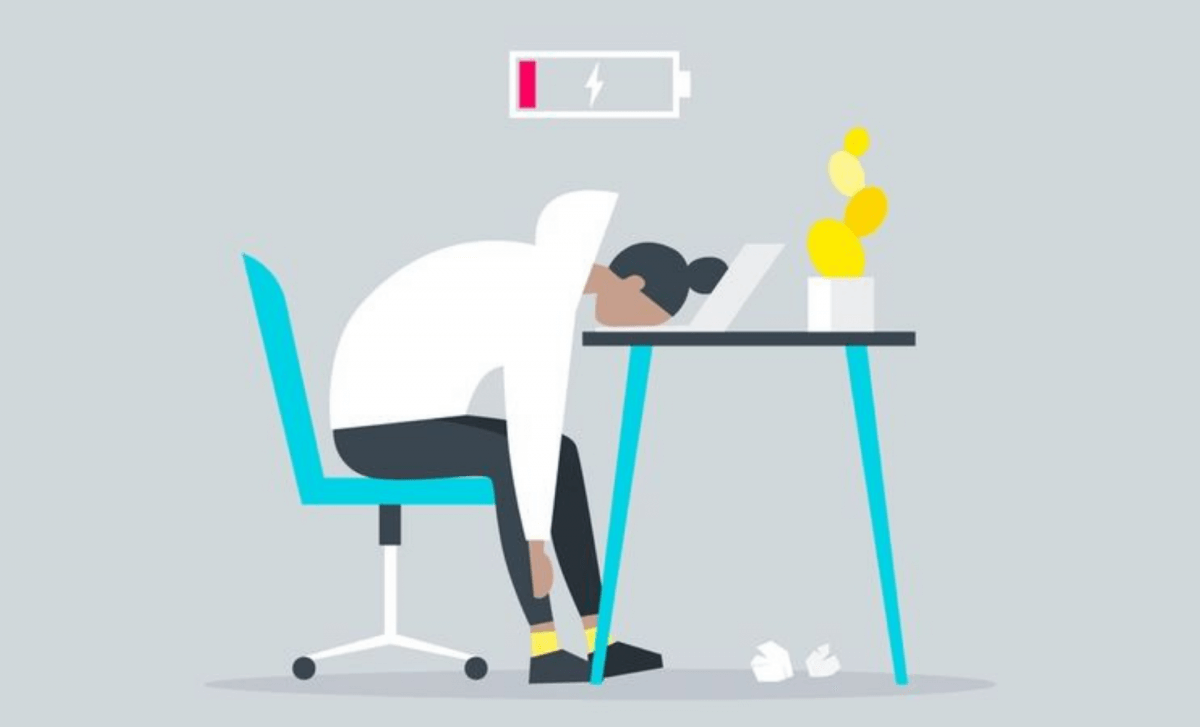Mental health professionals play a vital role in supporting individuals navigating complex emotional and psychological challenges. Yet, in their dedication to helping others, therapists often neglect their own well-being. With burnout rates on the rise and new stressors emerging in 2024, prioritizing self-care has never been more crucial.
This article explores strategies for therapists to safeguard their mental wellness while balancing professional and personal responsibilities. By cultivating healthy habits, mental health professionals can not only enhance their quality of life but also provide better care to their clients.
The Importance of Therapist Self-Care
Avoiding Burnout

Burnout is a significant risk for those in the mental health field. Long hours, emotional labor, and the pressure of managing clients’ needs can take a toll. Self-care helps therapists build resilience, recharge emotionally, and maintain their passion for the profession.
Maintaining Ethical Standards
Self-care isn’t just a personal benefit—it’s also a professional responsibility. A therapist’s ability to provide ethical, effective care depends on their mental clarity and emotional stability. Prioritizing wellness ensures therapists remain grounded and focused.
Setting an Example
Therapists are role models for their clients. By practicing self-care, they demonstrate the importance of personal wellness, setting a positive example for those they help.
Strategies for Therapist Self-Care
1. Establishing Boundaries
Therapists often feel obligated to go above and beyond for their clients, but this can lead to emotional exhaustion. Setting clear boundaries is essential for sustaining long-term effectiveness.

- Work-life separation: Designate specific hours for work and personal time. Avoid checking emails or taking client calls outside those boundaries.
- Client load management: Resist overloading schedules with back-to-back appointments. Spacing sessions allows time to decompress and prepare.
- Saying no: Turn down additional responsibilities when capacity is limited.
2. Engaging in Regular Supervision or Peer Support
Therapists need spaces to process their own emotions and challenges. Regular supervision or participation in peer support groups provides a safe environment to discuss difficult cases, receive constructive feedback, and address feelings of stress.
- Clinical supervision: Scheduled check-ins with experienced professionals ensure therapists maintain best practices and emotional health.
- Colleague connections: Sharing experiences with peers fosters camaraderie and mutual encouragement.
3. Practicing Mindfulness and Relaxation Techniques
Mindfulness practices can help therapists manage stress and stay present. Incorporating these techniques into daily routines promotes mental clarity and emotional balance.

- Meditation: Allocate 10–20 minutes daily to focus on breathing and clearing the mind. Apps like Calm or Insight Timer can provide guided sessions.
- Yoga: Combining movement and mindfulness, yoga helps release tension and improve focus.
- Journaling: Writing about thoughts and feelings serves as an outlet for processing emotions.
Nutrition, Exercise, and Sleep
1. Prioritizing Physical Health
Physical wellness directly impacts mental health. Maintaining a balanced lifestyle supports overall resilience.
- Healthy eating: Focus on nutrient-rich foods like fruits, vegetables, whole grains, and lean proteins. Avoid excessive caffeine or sugar, which can exacerbate stress.
- Regular exercise: Physical activity releases endorphins, reducing anxiety and improving mood. Activities like walking, swimming, or even dancing can be effective.
2. Ensuring Adequate Sleep

Sleep deprivation affects concentration, mood, and decision-making. Therapists should aim for 7–9 hours of rest each night.
- Sleep hygiene: Establish a consistent bedtime routine, minimize screen time before bed, and create a restful sleep environment.
- Power naps: Short naps during breaks can restore energy and enhance focus.
Balancing Professional Development with Personal Growth
1. Lifelong Learning
Therapists are often required to engage in ongoing education, but personal development should be part of the equation too.
- Workshops and seminars: Attend events that focus on both professional skills and self-care strategies.
- Reading for pleasure: Explore literature outside of the professional field to spark creativity and relaxation.
2. Pursuing Hobbies

Engaging in activities unrelated to work fosters a sense of joy and accomplishment. Whether painting, gardening, or learning an instrument, hobbies provide an outlet for stress and a reminder of life beyond the office.
Leveraging Technology for Self-Care
1. Digital Wellness Tools
Apps and online platforms designed for mental health can be useful for therapists too.
- Meditation apps: Calm, Headspace, and Insight Timer offer accessible guided sessions.
- Scheduling software: Tools like SimplePractice or TherapyNotes streamline administrative tasks, reducing workload stress.
2. Remote Work Balance
Teletherapy has become more common, but it comes with its own challenges. Setting up a dedicated workspace, taking regular breaks, and maintaining physical activity can mitigate the effects of remote work fatigue.
Overcoming Barriers to Self-Care
1. Addressing Guilt
Therapists may feel guilty about prioritizing their needs over their clients’. However, self-care enhances their ability to serve others effectively.
2. Creating Accountability
Enlisting the support of colleagues, friends, or supervisors to monitor self-care goals ensures consistency and follow-through.
3. Adjusting Expectations

Self-care doesn’t have to be elaborate or time-consuming. Small, consistent practices—like taking short walks or enjoying a cup of tea—add up over time.
Looking Ahead: Self-Care Trends for Therapists in 2025
1. Focus on Emotional Intelligence
Developing emotional intelligence through workshops or coaching can help therapists better understand their triggers and improve self-regulation.
2. Integrative Approaches
Holistic wellness practices, such as acupuncture, aromatherapy, or sound baths, are gaining popularity for reducing stress.
3. Organizational Support
Mental health organizations are increasingly recognizing the need to support their employees, offering wellness programs, retreats, and flexible schedules.
Conclusion
In 2024, self-care remains a cornerstone of maintaining mental wellness for therapists. By setting boundaries, engaging in mindfulness, nurturing physical health, and leveraging technology, mental health professionals can enhance their own well-being while continuing to serve their clients effectively.
How do you prioritize self-care as a therapist? Share your experiences in the comments or explore more tips on our website. Let’s build a healthier, more balanced approach to mental wellness together!

Leave a Reply